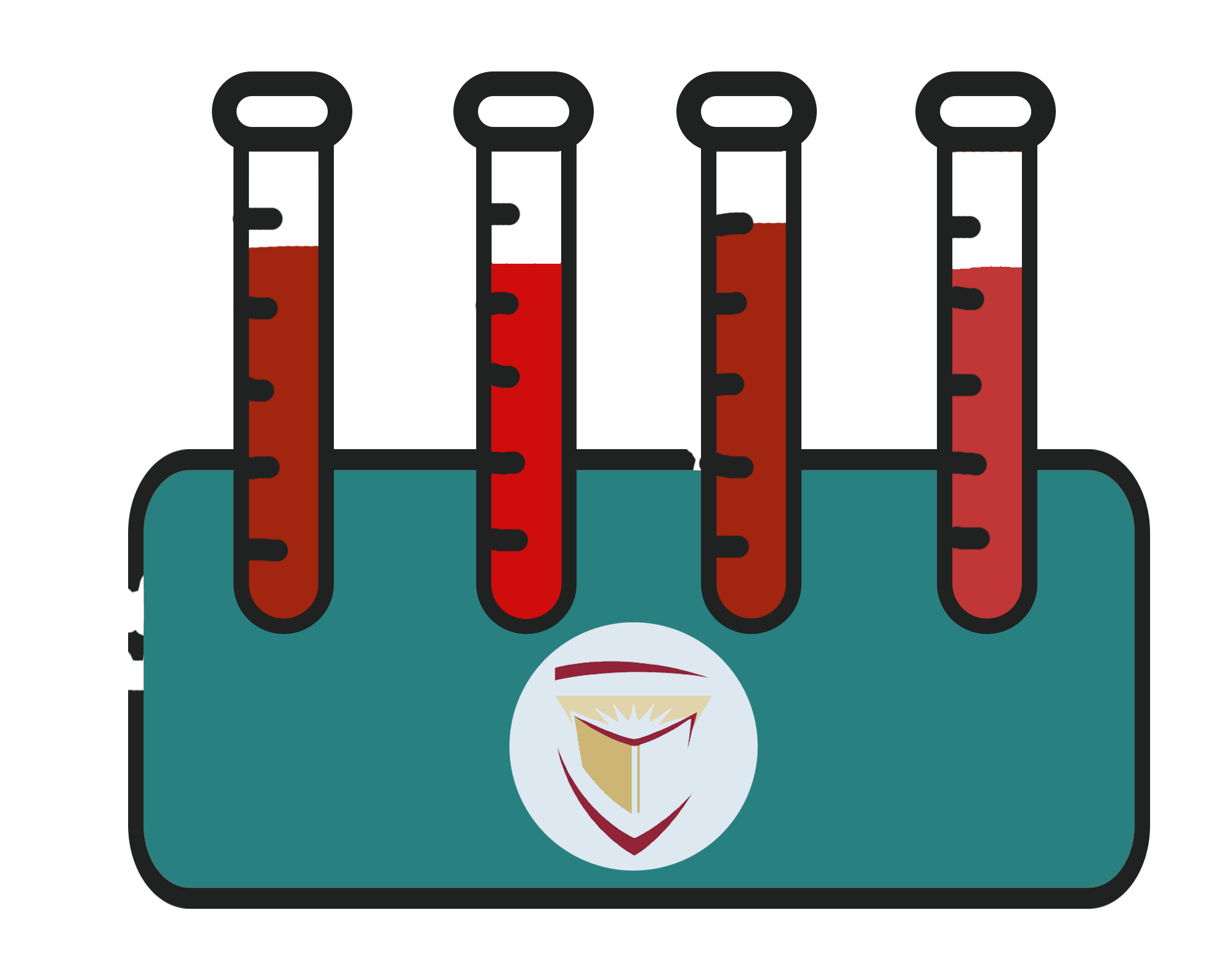This past week, students and staff were able to get tested for HIV at the Concordia Student Union (CSU) office on the seventh floor of the Hall building. A rapid HIV testing clinic was set up with the help of the CSU, the Concordia University Psychology Association (CUPA), Queer Concordia and Concordia Health Services. This is the second testing session put together by these organizations.
For this test, a certified nurse takes a prick of blood from your finger and, using a special kit, can tell you whether or not you are HIV positive or negative. The whole process, which takes around 20 minutes, includes going over your risks and sexual history, and the nurses can give you advice on how to improve or continue your safe sex practices. If the result comes back positive, the nurses would be able to put you in contact with various HIV-related resources in the city of Montreal as well as provide psychological support.
While we understand that many students might have been wary about getting tested at school, we think this issue is critical, and we applaud all four organizations that facilitated this testing clinic.
Let’s face it, students are sexually active while they’re in university and many are not properly educated when it comes to having safe sex and HIV prevention. In Canada, one in five people with HIV are unaware they’re HIV positive, according to Community AIDS Treatment Information Exchange (CATIE). Over one-quarter of all new HIV diagnoses in 2015 were in youth, according to the same source.
The Globe and Mail reported in 2014 that a person is infected with HIV every three hours in this country. In Saskatchewan the rate is nearly three times higher the national average, with 71.4 per cent of cases happening because of intravenous drug use. These figures are absolutely startling to say the least, and reveal the challenges our society has in addressing the epidemic.
One key role these rapid testing sessions fulfill is to help fight against the taboo of HIV. HIV and those who are HIV-positive face a lot of stigma, even criminalization, for having this virus. According to Sarah Schulman’s book, Conflict is Not Abuse, Canada was the country in the world to charge someone with murder for transmitting the disease. This country’s harsh criminal pursuit of HIV-positive individuals actually creates a fear around being tested. By making the testing process public and providing students accurate information about HIV, this project at Concordia helps dispel misinformation and allows the community to better understand and face HIV head-on.
Although we’ve come a long way in terms of scientific research and awareness, we need to press further and forge a discussion. We applaud the CSU, CUPA, Queer Concordia and Concordia Health Services for being progressive and open-minded about this issue and we encourage the school to hold more rapid clinics. We also encourage the student body to get tested for HIV and to properly educate themselves on safer sex practices and harm-reduction strategies like needle exchanges, which help reduce new cases of HIV. If we’re to eliminate HIV/AIDS in the near future, it’s time we start tackling this issue head on and minimize the risk of this virus being transmitted.
Contact Concordia Health Services to get tested for HIV or to speak with a medical specialist.
Sir George Williams campus
- 514-848-2424 x3565
- 1550 De Maisonneuve W.
- Room GM-200
- Monday to Friday 9 a.m. – 5 p.m.
Loyola campus
- 514-848-2424 x3575
- 7141 Sherbrooke Street W.
- Room AD-131
- Monday to Friday 9 a.m. – 11:30 a.m.




